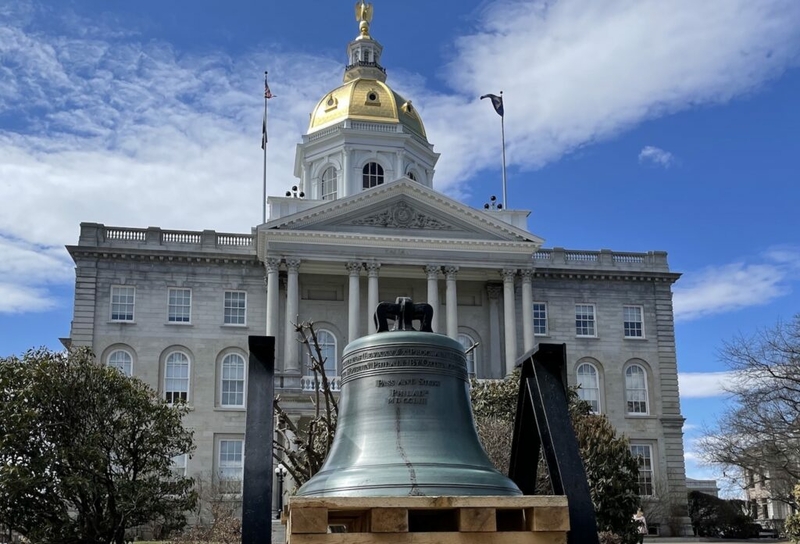New Hampshire House rejects bill enabling rent controls

The New Hampshire House overwhelmingly rejected an effort to allow towns and cities to impose controls on rent increases and notices Thursday, after a majority argued it would harm the housing market.
In a 301-63 vote, lawmakers killed House Bill 95, which would have enabled towns and cities to pass bylaws regulating rent.
“This would result in nothing more than a patchwork of regulations throughout the state,” said Rep. Len Turcotte, a Barrington Republican. “Manipulating the marketplace by those least qualified to do so just does not work, and it makes matters worse by distorting the free market.”
The bill, sponsored by Rep. Ellen Read, a Newmarket Democrat, was presented as a way to offer relief to tenants who might otherwise be priced out by aggressive rent hikes when buildings change hands.
Speaking in favor of the bill, Rep. Eric Gallagher, a Concord Democrat, argued that allowing cities and towns to reduce rent hikes could stop evictions, which in turn could head off homelessness in the state.
“I’ve lost neighbors due to being driven out of Concord by rising rents,” he said.
And he argued that landlords should face regulations. “Landlords are not housing providers; the people – the workers who built the housing – are the people who actually provide it, not the landlords,” he said. “Landlords just sit on housing, and charge people rent to live in it.”
Turcotte pushed back at that characterization.
“The comments insinuate that somehow the thousands of landlords (in New Hampshire) are colluding, and that is simply impossible when you have so many landlords in our state,” he said. He contended that enabling rent controls would discourage developers and landlords from providing housing and depress availability.
“Landlords will take units off the market by converting their two-, three-, four-unit buildings back to single-family,” he said. “Or they would just sell. Apartments will begin to deteriorate as landlords no longer update or improve their units for lack of funding.”


